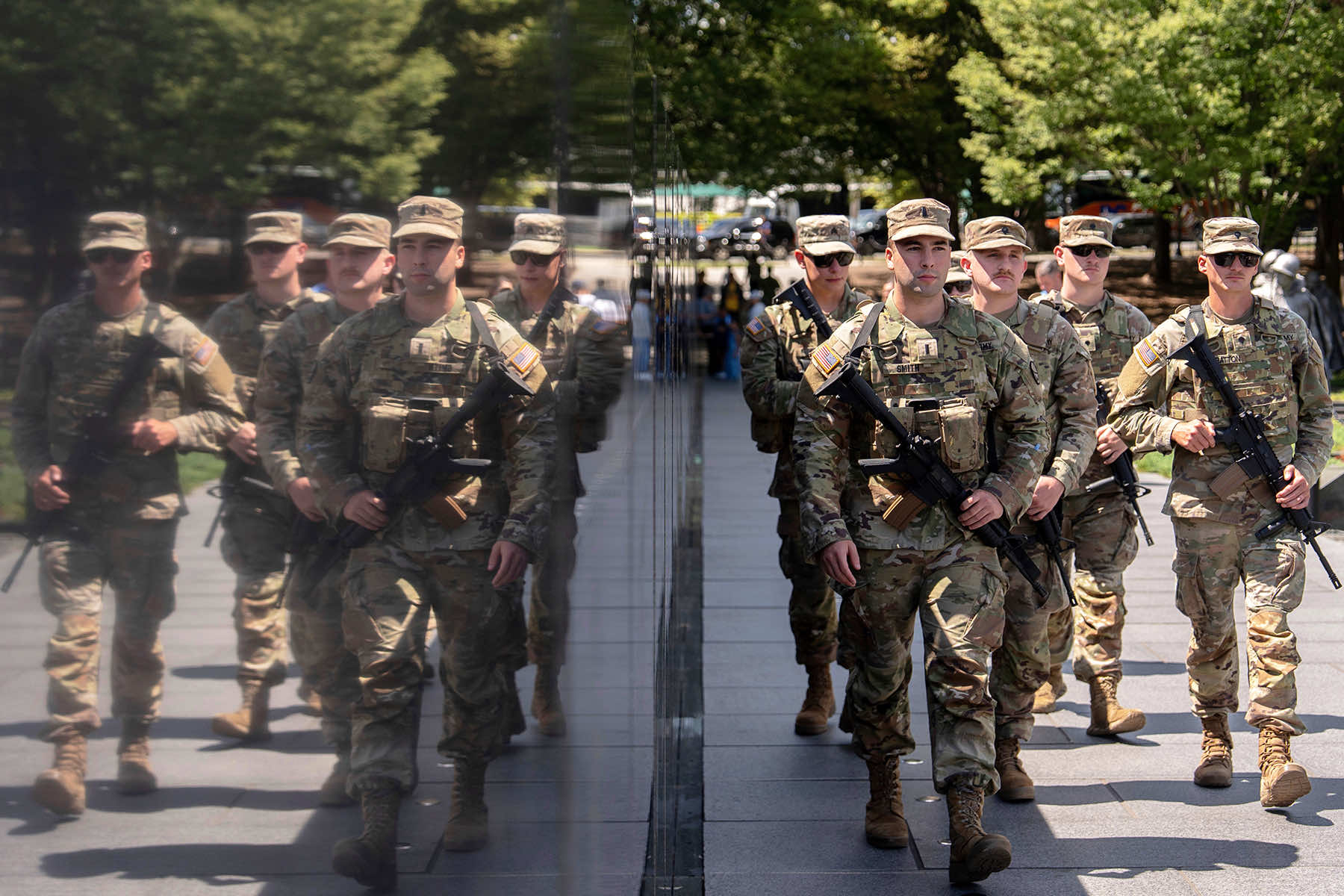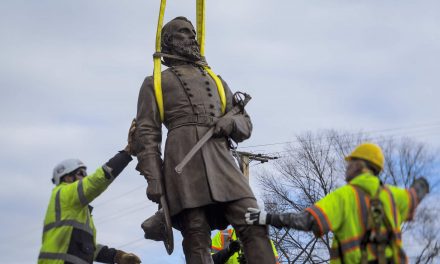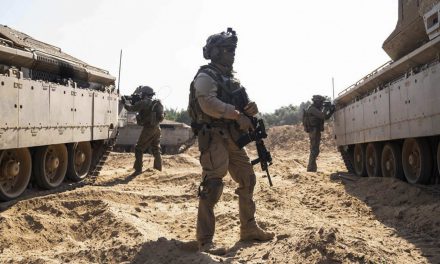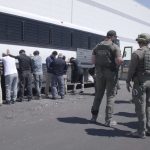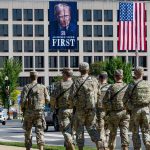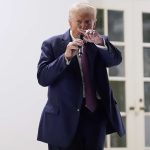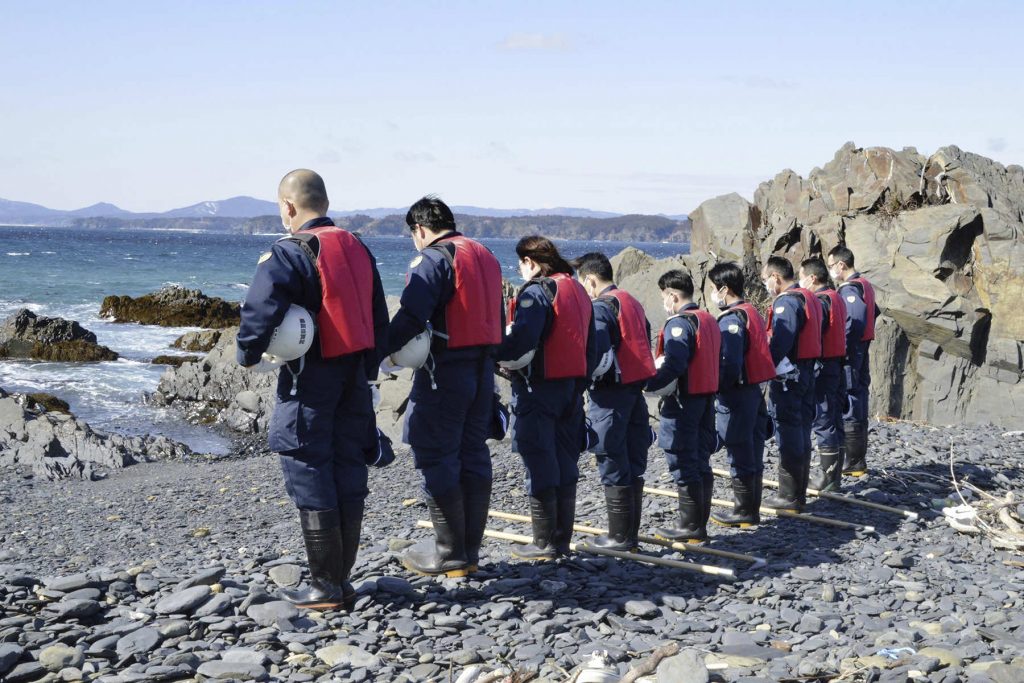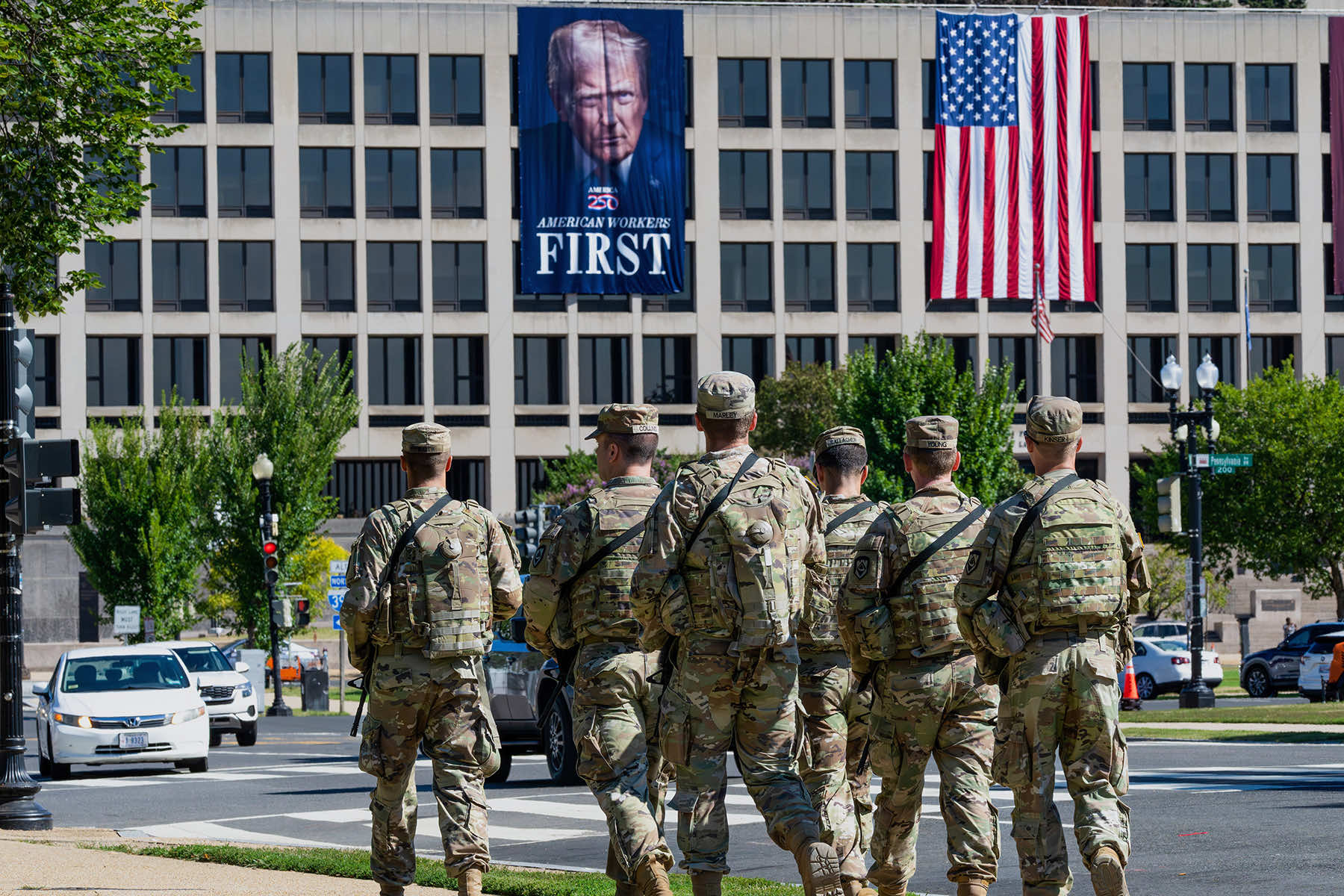
Donald Trump is swiftly implementing his vision of the military as an all-powerful tool for his policy goals.
It’s ground that presidents have hardly ever crossed outside of times of war, and experts say it’s remaking the role of the most powerful military in the world and its relationship with the American public.
National Guard troops have been patrolling the streets of U.S. cities, as a prelude to weapons of war being deployed against American citizens.
Yet as Trump has dramatically stepped up his use of military force, fellow Republicans in Congress — where authorization for such actions is supposed to originate — have done little but cheer him on.
That’s giving the president significant leeway as he raises plans to send troops next to Chicago, Baltimore, and New Orleans.
“If I were one of those mayors, I’d be glad to have the help,” said Senator Roger Wicker, R-MS, the chair of the Senate Armed Services Committee, speaking from a Capitol building where National Guard troops were patrolling the surrounding city. “I think the big city Democrats are really making a mistake. I think they’re being tone deaf.”
Lawmakers from Louisiana — a red state that surrounds politically blue New Orleans — said it was a great idea for National Guard troops to go there next.
“New Orleans, like most Democrat-run cities, has a high crime rate, so it would be helpful,” House Speaker Mike Johnson, a Louisiana Republican, told The Associated Press.
Senator John Kennedy, R-LA, agreed: “We need all the help we can get. I’m delighted to bring in the National Guard.”
Republicans have in recent years found political success focusing on the issue of crime. The vast majority of Americans, 81%, see crime as a “major problem” in large cities, according to recent polling from the AP-NORC Center for Public Affairs Research.
That includes nearly all Republicans, roughly three-quarters of independents, and nearly 7 in 10 Democrats. However, statistics show overall crime is down across the nation, with some cities reporting 30-year lows.
HOW TRUMP’S USE OF THE NATIONAL GUARD IS UNIQUE
In the past, the use of National Guard troops on American soil was reserved for extraordinary circumstances such as natural disasters or when local officials became overwhelmed by civil unrest or disorder. Rarely have presidents used the troops for law enforcement purposes.
Notable examples include the 1894 Pullman strike in Chicago, during the Civil Rights era to enforce desegregation in the South, and in 1992 during deadly rioting after police officers brutally beat motorist Rodney King and were acquitted on state charges.
Experts say that Trump’s crime mission stands out because he’s not responding to a particular crisis. Instead, Trump is using the military to implement his domestic policies, whether that means using military aircraft for deportation flights, beefing up military at the U.S.-Mexico border or ordering National Guard troops to be ready for law enforcement duties.
“All of these things indicate an administration that is making a broad, concerted effort to insert the military into civilian law enforcement in a way and on a scale that has no precedent in American history,” said Joseph Nunn, an attorney at the Brennan Center’s Liberty and National Security Program.
Trump says he has the “right” to send National Guard troops to the cities, even over the objections of state governors.
“I’m the president of the United States. If I think our country is in danger — and it is in danger in these cities — I can do it,” he said recently.
A HISTORIC TEST
Congress, under its constitutional duties, has laid out laws that govern when and how the National Guard can be deployed domestically. But as Trump has pushed the limits of those laws, the Republican-controlled Congress has stood by. Instead, it’s been left to the courts to put any guardrails on Trump’s maximalist approach to the presidency.
A federal judge ruled that the Trump administration “willfully” broke the Posse Comitatus Act, a nearly 150-year-old federal law that limits the U.S. military’s role in domestic law enforcement, when he sent National Guard troops to the Los Angeles area in early June after days of protests over immigration raids.
U.S. District Judge Charles Breyer in San Francisco noted Trump and Defense Secretary Pete Hegseth have stated they intend to deploy National Guard troops to other cities across the country, raising concerns they’re “creating a national police force with the President as its chief.”
That sort of use of the National Guard was just what the writers of the Constitution were trying to guard against, said Andrew Wiest, co-founder of the Center for the Study of the National Guard at the University of Southern Mississippi.
The young nation had just endured a war of independence that was sparked by a British military acting as a police force on the colony, and its early leaders were reticent to give the president too much control over the military. Since then, presidents have increasingly exercised more power over the troops that started as state-based militias.
“This is another one of those pendulum moments where the Guard will become more federal or maybe it will swing back in the other direction,” Wiest said. “But since the founding of the Republic, it’s been swinging towards the federal side.”
THE GOP’S MORAL BANKRUPTCY
Despite decades of fevered rhetoric warning that an overreaching federal government might someday turn its guns on its own people, the nation’s loudest defenders of the Second Amendment — including the National Rifle Association — have met Trump’s unprecedented domestic deployment of military force not with outrage, but with resounding silence or open approval.
The same voices that have long claimed an armed citizenry is a bulwark against government tyranny are now watching, even applauding, as military vehicles roll into American cities not during natural disasters or riots, but as part of a politically driven campaign to project federal authority.
Their absence from this national moment exposes a contradiction at the core of their advocacy, the supposed fight for liberty collapses when authoritarianism aligns with their ideology.
Legal scholars and civil rights organizations have noted the chilling precedent being set, warning of a dangerous shift toward a militarized police state. Yet gun rights organizations have offered no resistance, no constitutional concern, no defense of the very citizens they claimed for decades to protect.
In choosing political loyalty over principle, they have abandoned their own stated mission and affirmed that their crusade was never about safeguarding democracy — only about enabling power.
Among those praising the use of National Guard troops on American streets are some of the Republican Party’s most vocal Second Amendment advocates — lawmakers who have received top ratings from the National Rifle Association and have long warned that unchecked federal power threatens American liberty.
House Speaker Mike Johnson, R-LA, a staunch NRA ally who has consistently invoked constitutional protections against government overreach, has now welcomed the federal militarization of local streets, calling the deployments “helpful.”
Senator Josh Hawley, R-MO, another lawmaker who has publicly aligned with the NRA and warned of “deep state” abuses of power, has likewise offered no opposition to Trump’s domestic military agenda.
And Senator Ted Cruz, R-TX, who once claimed gun rights exist “to protect the citizenry from the government,” has remained notably quiet as the president advances what legal experts are calling a civilian-targeted show of military force.
Such approval of domestic troop deployments stands in sharp contrast to the rhetoric that the gun rights movement has spouted for decades — framing themselves as defenders of Americans against potential tyranny.
Yet with Trump asserting unilateral power to override governors and send troops into cities without consent, their silence on constitutional checks has been deafening. Critics argue the disconnect reveals a deep moral bankruptcy. A willingness to abandon foundational principles when the abuse of government power comes from within their own party.

